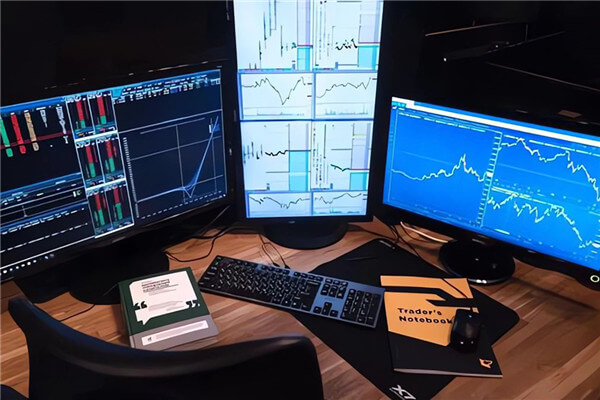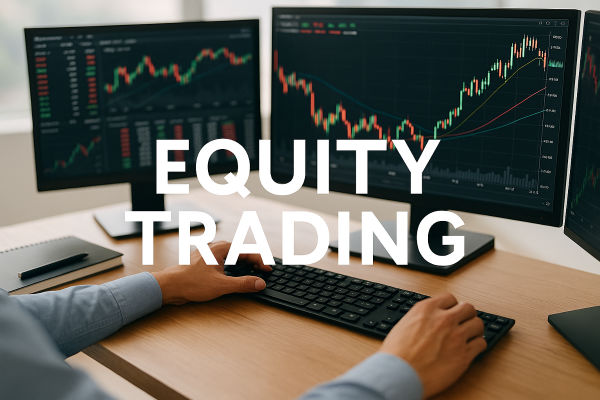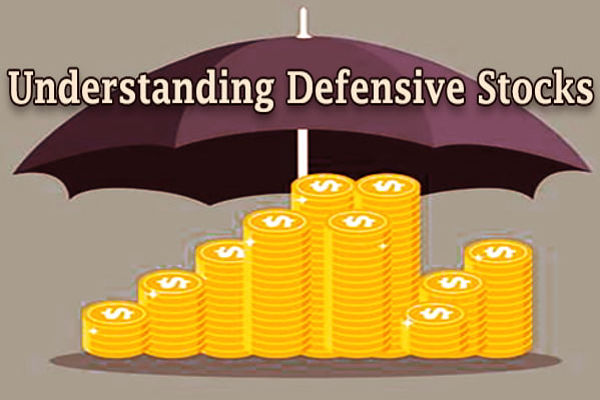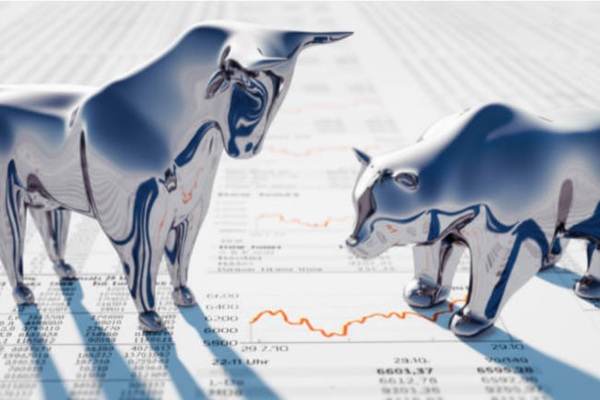I believe that the majority of friends' impressions of traders are likely
obtained from media, television, and movies such as "Wall Street", "Big Short",
"The Wolf of Wall Street", etc. However, there are some differences between the
image of traders presented by these media and the growth process of real
professional traders. This article will explore the essential qualities and
skills of professional traders in order to provide some experience and guidance
for those who aspire to enter this field.
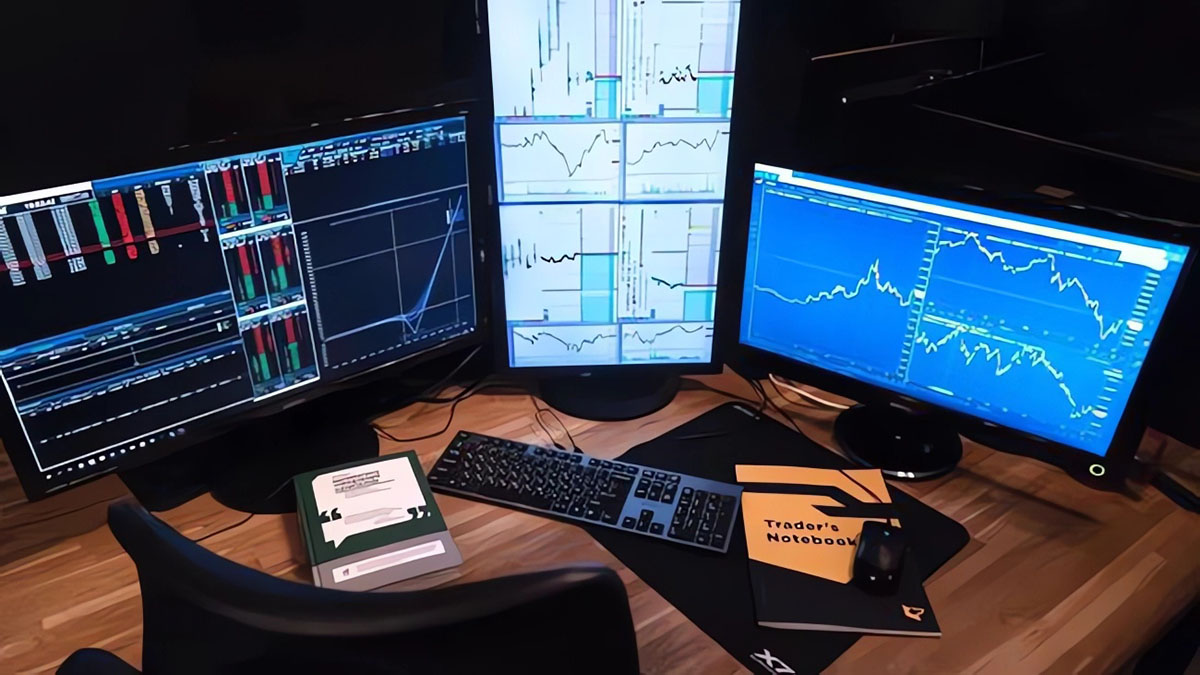
Before planning to become a professional trader, it is necessary to have a
deep understanding of this industry. Understanding the responsibilities,
required qualities, skills, and overall trading workflow of professional traders
is crucial for successfully entering this field. Below, we will explore these
issues from the perspective of professional traders.
Professional traders refer to professionals engaged in financial market
trading. The financial market includes the stock market, treasury bond market,
gold trading, foreign exchange market, bulk commodities, and other fields. The
main task of a trader is to analyze the market, identify trading opportunities,
determine trading opportunities, and profit from price fluctuations. According
to personal preferences, traders can choose to trade in stock, futures, foreign
exchange, gold, treasury bonds, and other markets, or they can also set foot in
financial derivatives markets, such as the options market. Therefore, traders
need to focus on the trading variety they choose.
The daily work of professional traders involves two main types of analysis:
macro analysis and technical analysis. No matter which analysis method is
chosen, the trading logic is consistent—that is, by studying the market to
determine trading opportunities, developing risk management strategies, and
making trading decisions. Macro traders may need to analyze a large amount of
macroeconomic data, policy changes, company financial data, etc. to make trading
decisions. Technical traders, on the other hand, need to keenly observe price
patterns and identify trading opportunities within them. The goal of both is to
achieve profitability through trading decisions.
From the perspective of workflow, the daily work of professional traders
includes researching the market, analyzing data, setting trading plans,
executing trades, risk management, and recording trading results. No matter
which trading variety the trader chooses, this workflow remains basically
unchanged.
For those who want to become professional traders, they need to possess some
basic qualities.
-
Market knowledge:
Professional traders need to have a deep understanding of the markets
involved. Whether it is the stock, foreign exchange, futures, or cryptocurrency
market, they must understand the characteristics, regulations, and trends of the
market. This includes paying attention to economic data, political events, and
global market dynamics to make informed trading decisions.
-
Risk management:
High risk is the norm in financial transactions, so risk management is one of
the core skills of professional traders. They need to develop effective risk
management strategies, including stop-loss orders and position size management,
to maximize the protection of their investments.
-
Emotional control:
The financial market is full of emotional fluctuations, and excessive
excitement or panic can lead to unwise decisions. Professional traders must
learn to control emotions, remain calm, and analyze market conditions calmly
rather than being influenced by emotions. We also need to have firm
determination and perseverance, as the path of professional trading is full of
challenges, and the vast majority of people may eventually be eliminated.
-
Technical analysis:
Technical analysis is a method of predicting future market trends by studying
charts and historical prices. Professional traders need to be proficient in
various technical indicators and Chart Patterns in order to make accurate
predictions.
-
Basic analysis:
In addition to technical analysis, basic analysis is also crucial.
Professional traders need to study company financial reports, macroeconomic
data, and industry dynamics to understand the true value and potential risks of
assets.
-
Execution ability:
In a fast-paced market, it is crucial to execute transactions quickly and
accurately. Professional traders need to be familiar with trading platforms to
ensure that they can quickly place orders at critical moments.
-
Discipline:
Discipline is the key to successful trading. They must adhere to their
trading strategy, not be affected by short-term fluctuations, and follow
predetermined rules.
-
Adaptability:
The financial market is constantly changing, and successful traders must have
adaptability and be able to quickly adjust their strategies to adapt to
different market conditions.
-
Information acquisition ability:
Professional traders need to obtain market information in a timely manner.
This includes using news, analytical reports, and market data sources to make
informed investment decisions.
-
Learning willingness:
Professional traders need to maintain a willingness to constantly learn. The
financial market is constantly developing, and new tools and strategies are
constantly emerging. Only by constantly learning can we keep up with the pace of
the market.
Professional traders need to possess a wide range of knowledge, skills, and
qualities in order to succeed in the financial market. In this challenging
field, successful traders are not only able to earn lucrative returns for
themselves but also provide valuable services to investors.
Disclaimer: This material is for general information purposes only and is not intended as (and should not be considered to be) financial, investment or other advice on which reliance should be placed. No opinion given in the material constitutes a recommendation by EBC or the author that any particular investment, security, transaction or investment strategy is suitable for any specific person.
